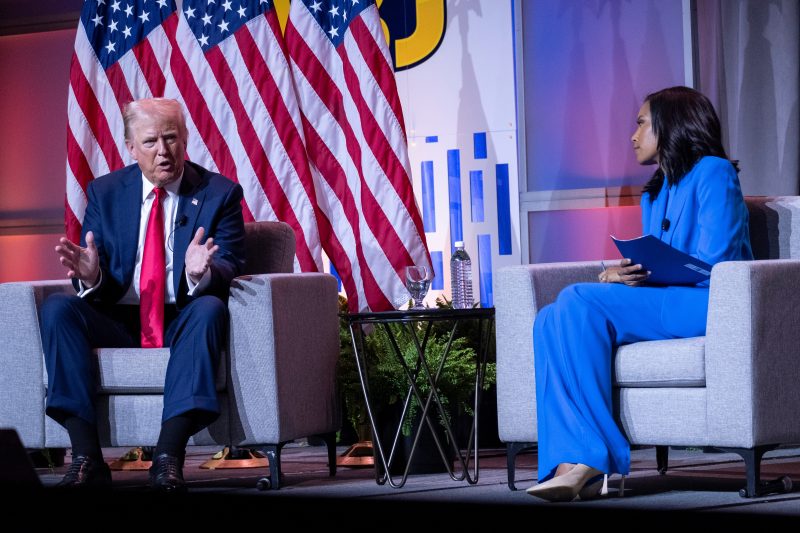In the wake of the recent events surrounding the Capitol riot on January 6th, 2021, it seems that Senate Republicans are now facing the consequences of turning a blind eye to former President Donald Trump’s reckless behavior during his term in office. Despite having been acquitted in his second impeachment trial, Trump’s actions and rhetoric continue to haunt not only the broader Republican Party but also individual senators who supported him.
Senate Republicans aligned themselves closely with Trump during his presidency, often overlooking his controversial statements and actions in favor of advancing their own political agendas. The consequences of this strategy are now becoming increasingly apparent as the fallout from the Capitol riot continues to reverberate throughout the political landscape.
One of the key issues that Senate Republicans are currently grappling with is the erosion of public trust in the integrity of the democratic process. By peddling baseless claims of election fraud and refusing to accept the results of the 2020 presidential election, Trump and his supporters played a central role in stoking the flames of unrest that culminated in the storming of the Capitol. In the aftermath of these events, many Senate Republicans are now struggling to distance themselves from Trump’s divisive rhetoric while simultaneously trying to rebuild trust with their constituents.
Furthermore, Senate Republicans are also facing a crisis of leadership within their own party. With Trump’s continued influence looming large over the GOP, traditional conservative values and principles have been overshadowed by the cult of personality surrounding the former president. This has led to a fractured party, with competing factions vying for control and influence, causing internal tensions and divisions that threaten to undermine the Republicans’ ability to present a united front.
Ultimately, Senate Republicans must now confront the consequences of their complicity in enabling Trump’s reckless behavior. As they navigate the turbulent waters of post-Trump politics, they must reckon with the fact that by embracing Trump’s brand of populism and nationalism, they have not only endangered the stability of American democracy but also their own political futures. Only by acknowledging their role in enabling Trump and charting a new course based on accountability, integrity, and respect for democratic norms can Senate Republicans hope to regain the trust of the American people and rebuild a stronger, more inclusive party for the future.
